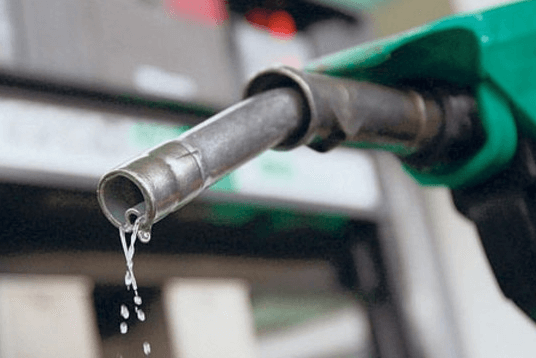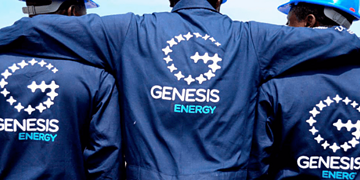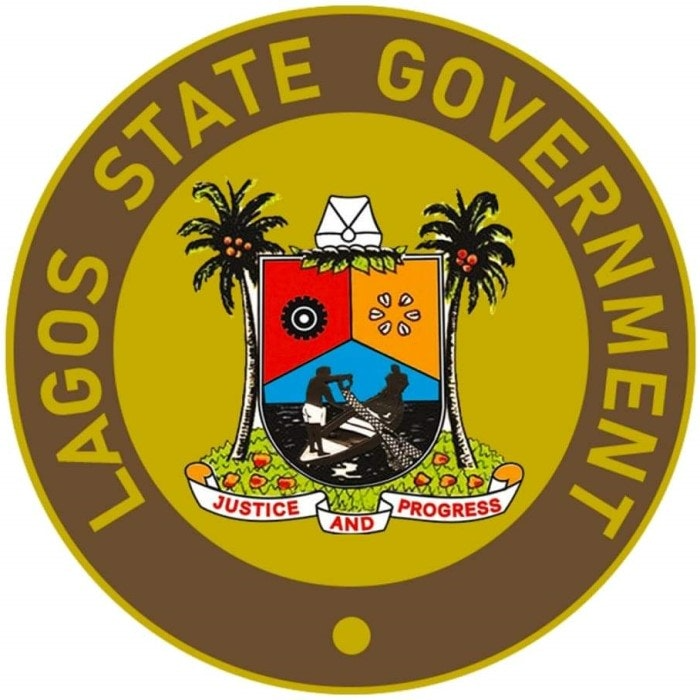Dangote doubts refinery revival after $18bn loss on NNPC refineries, criticises failed turnaround efforts and urges rethink of government strategy
Aliko Dangote doubts refinery revival across Nigeria’s state-owned plants, criticising what he describes as decades of wasteful spending that has yielded no productive output.
Also read: Dangote, NNPC pledge collaboration for Nigeria’s energy security
Speaking while hosting members of Global CEO Africa from the Lagos Business School during a tour of the Dangote Petroleum Refinery in Lekki, the billionaire industrialist said he had little faith that the Port Harcourt, Warri, and Kaduna refineries, under the management of the Nigerian National Petroleum Company Limited (NNPC), would ever operate efficiently again.
“They have spent about $18bn on those refineries, and they are still not working. I doubt very much if they will work,” Dangote said, calling the turnaround efforts a misplaced priority akin to attempting to modernise a 40-year-old vehicle.
He compared the ongoing maintenance to fitting modern engines in vehicles with frames too weak to bear the technological load, arguing that the refineries had simply reached their mechanical and operational limit.
Dangote also revisited the botched sale of the refineries under the late President Umaru Musa Yar’Adua, who reversed a deal brokered by his predecessor, Olusegun Obasanjo.
Dangote, who led the private consortium that paid $750 million for the assets in 2007, said politics and misinformation caused the deal to collapse months later.
“We bought the refineries in January 2007. Then we had to return them to the government because there was a change of government,” he explained.
“The managing director at that time convinced Yar’Adua that the refineries would work. They said they just gave them to us as a parting gift or so.”
Dangote contrasted the state-run refineries with his 650,000 barrels-per-day facility in Lekki, now dedicating over 50 percent of its output to Premium Motor Spirit (petrol), compared to the government-owned plants, which committed just 22 percent of production to petrol before shutting down.
His remarks echoed former President Obasanjo’s long-held scepticism about the viability of the refineries.
They have spent about $18bn on those refineries, and they are still not working. I doubt very much if they will work.
Obasanjo had previously disclosed that even Shell declined to operate the plants during his administration, citing concerns about feasibility and corruption.
“I told my successor that the refineries will not work and when you want to sell them, you will not get anybody to buy them at $200m as scrap,” Obasanjo said in a past interview. “That is the situation we are in.”
In January, Obasanjo again criticised ongoing investments in the refineries. “I was told not too long ago that since that time, more than $2bn have been squandered on the refineries and they still will not work,” he said.
He questioned why the NNPC would turn to Dangote for refining solutions if its own refineries were functional. “Aliko will make his refinery work; not only make it work, he will make it deliver,” Obasanjo declared.
Calls for full privatisation of the moribund facilities have since intensified, especially after the 60,000 barrels-per-day Port Harcourt refinery, which was declared operational in late 2024, was again shut down earlier this year.
The Warri refinery faced a similar fate shortly after its December reopening.
The Manufacturers Association of Nigeria has repeatedly warned that the state-owned refineries are draining public resources, urging the Federal Government to sell them off.
Industry stakeholders have also recommended dismantling the refineries entirely and using the proceeds to support modular refinery projects.
Also read: Dangote praises Tinubu’s NNPC leadership, clarifies refinery fight against major marketers
As Dangote doubts refinery revival and the calls for asset disposal grow louder, a shift in Nigeria’s refining strategy may become inevitable.
Source: Read more at thisdaylive.com





























